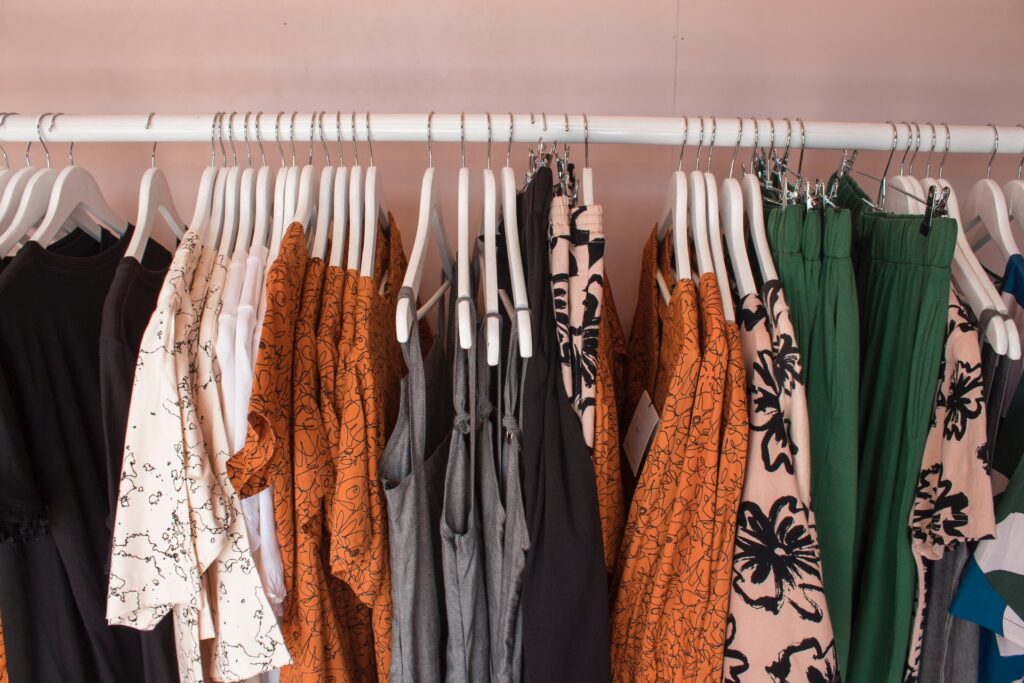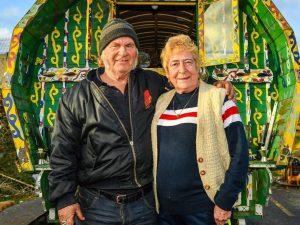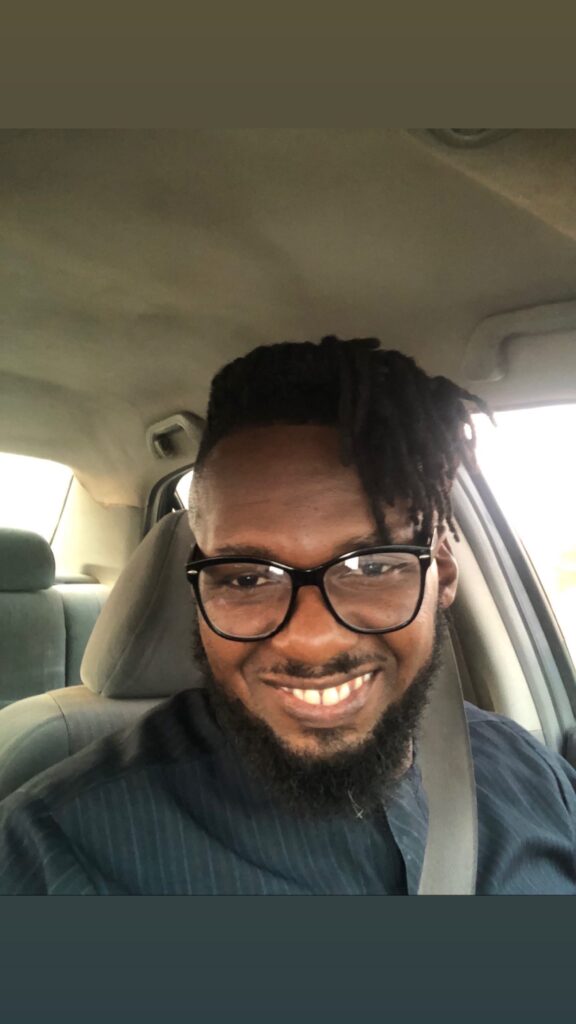No matter the country you find them in, most Africans wear their native African attire like a badge of honor. This speaks volumes of their cultural heritage, where they are from, symbolizing a past rich in diverse history. You find this traditional African clothes worn for special events when most natives from African countries attend indigenous festivals while abroad.
The challenge most legal immigrates face when they arrive the shores of western countries, whether these countries be in Europe, North America or even Australia is a function of need, the need to represent their people in a foreign land. That cultural symbolism that carries a statement of original identity.
We’ve all faced this problem in some way shape or form while overseas, probably due to a lack of preparation before a journey, we find ourselves without our prized native attire, but somehow have to get one for a forthcoming event. What do you do? Well, we will attempt to answer this question in this article.

Cost Of Representation
Certain things we take for granted while living in our home country in Africa, whether living in Nigeria, Kenya, Zimbabwe, Botswana or South Africa. Whatever African country an African might be from, it’s undeniable that purchasing your favorite fabric and getting it sown to match the outfit worn by the cover model of the latest edition of the ovation magazine is pretty easy, cheap and indeed hassle free. Particularly considering the level of inflation present in the economies of most African countries, which in turn weakens their currency purchasing power.
Although most people fail to understand that compared to stronger currencies like the pound sterling, euros and dollars which have a stronger purchasing power when converted to the local currencies of African countries. Take for instance, a Nigerian bank employee, on a salary of N57,300 per month who wears a traditional African clothe sown with chadex, a fabric prevalent in northern Nigeria.
It’s common practice for bankers in Nigeria to wear native Nigerian outfits every Fridays, but 5 yards of chadex goes for 3,000 Nigerian naira, this means that to keep up with the lifestyle of most bankers, to maintain a level of living associated with that class, an investment of at least N30,000 would have to be made to secure 10 different shades and colors of chadex fabric, this is of course excluding cost of sewing. Leaving our banker with just under N27,300 to put up with till next months’ pay day.
Now lets take another scenario, this time a tourist whom while visiting Nigeria decides to change $100 in the currency black market, which comes to N57,300 and uses the whole sum to buy an equivalent amount of chadex. This fetches him 19 chadexs and some change.
It becomes clearer now, 30,000 Nigerian naira had a purchasing power of 10 chadex and a $100 had the buying power to secure 19 chadex. From this view point, it becomes obvious that both the local African fabric bought and the cost of getting it sown is cheap and affordable when done in Nigeria or indeed in Africa.
However, in traveling to a western country, the reality begins to sink in that the same fabric material which went for N3,000 (three thousand Nigerian Naira) in Balogun market in Lagos, south-western Nigeria goes for five hundred pounds in England, $656.98 in the United States and 599.84 euros in the rest of Europe. Suddenly it becomes quite clear, this so-called hard currency, which had a high purchasing power in Africa, makes for a high cost of living when used in a different continent.
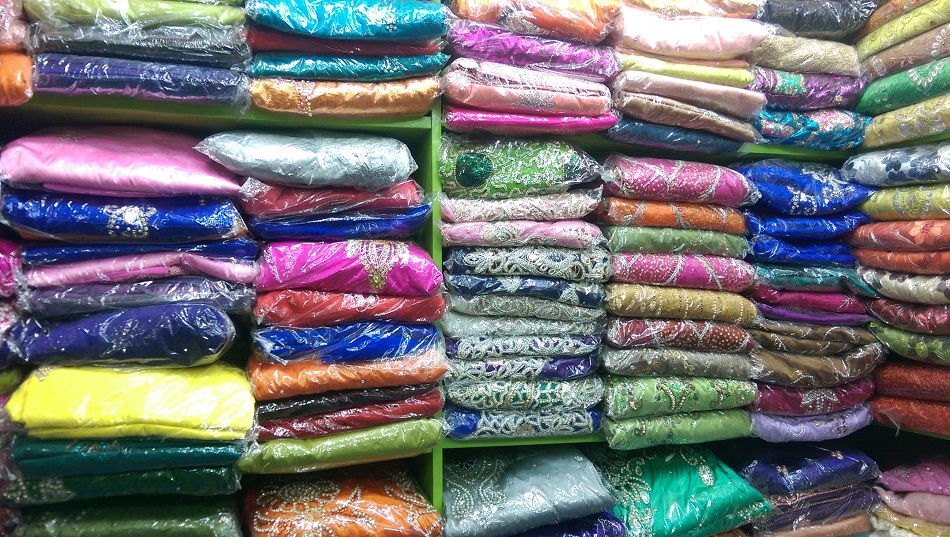
Reality Of The Present
It’s no hidden fact that most people from African countries who travel to Europe or America either do so for study, work or leisure and out of all 3, the first 2 are more predominant, doing so with less funds available, because the plan in most cases is to migrate first, then find a job whether its waiting tables or working in a warehouse as long as it pays the bills.
As one of the most religious people in the world, Africans go to church on Sundays, bearing in mind that not all of them are from the same country. So there arises the need to be differentiated and how is this done? By wearing the traditional African clothes that makes a statement of your identity for one helps. However, the cost of procuring this fabric is quite exorbitant and the cost of getting it sewn is higher still.
Sometimes, your monthly wages may not be enough to buy the fabric of your choice and get it sown. For England, the cost of sewing is usually 2 to 3x the cost of purchasing the fabric. In a world of uniformity, distinction is important, even though it comes with a cost too high to pay. There must be a way out, a solution to this challenge that sees you proudly maintaining your statement of identity while not breaking the bank to do so. In the end, you still have to eat and the last I checked its impossible for man to feed on fabric lol.

What To Do To Get Traditional African Clothes
It’s quite simple really, it you are planning on traveling overseas for studies or work, you might want to buy a lot of native African fabrics since they are cheaper in your home country compared to western countries and get them sown to meet your taste. In my experience, English clothes are very affordable, so can be purchased when you arrive your target country.
Native African outfits on the other hand, are the ones that are expensive abroad, because they are special and confer a symbol of origin on the individual wearing them, so a lot of these have to be sown and packed before traveling.
What of those who have already traveled, but failed to get their favorite traditional African clothes sown and packed? For those in this category, you can send money to a trusted family member back home, together with the type of fabric you want purchased as well as your body measurement.
So that the fabric can be purchased in your home country, sown by a tailor that have been tested and seen to be able to deliver, after which your native African clothes can be delivered to you by courier service. Who knows, if you are entrepreneurial inclined you could turn this into a business abroad, using it as a source of foreign exchange.
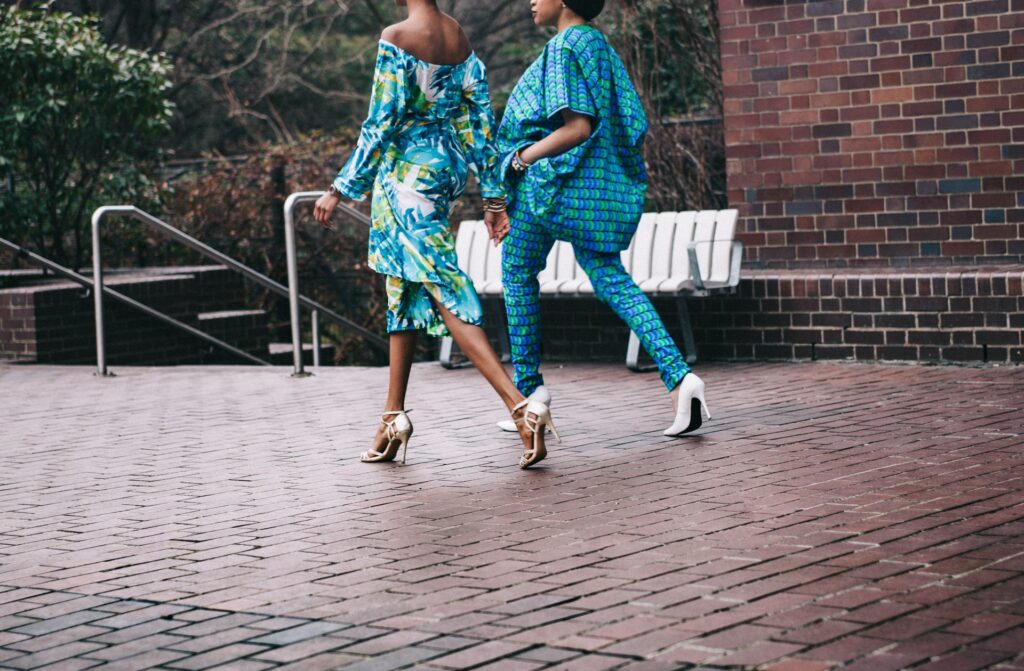
There are huge challenges mostly linked to cost, while looking to purchase your favorite native African fabric or even native African clothes already sown when living in western countries. As mentioned earlier, because this form of clothing is seen as specialized outfits that symbolizes origin.
However, there are ways to get around these issues, watering the cost implication of getting access to them. Whether from the beautiful city of Alexandria in Egypt or the populated city of Lagos in Nigeria to the cosmopolitan city of Johannesburg in South Africa. These solutions are applicable to all.

